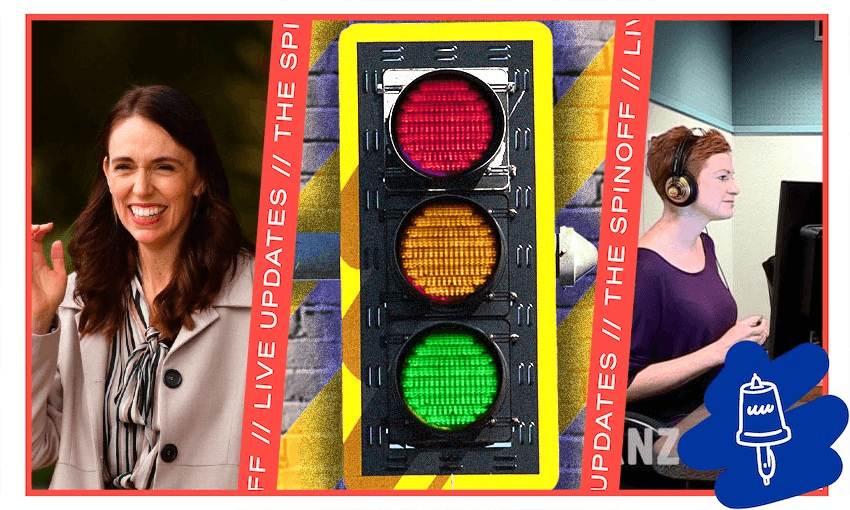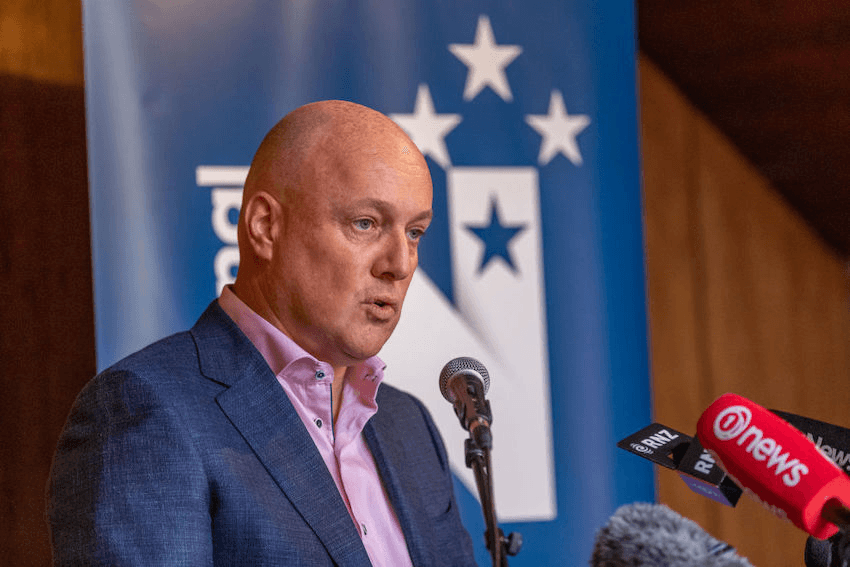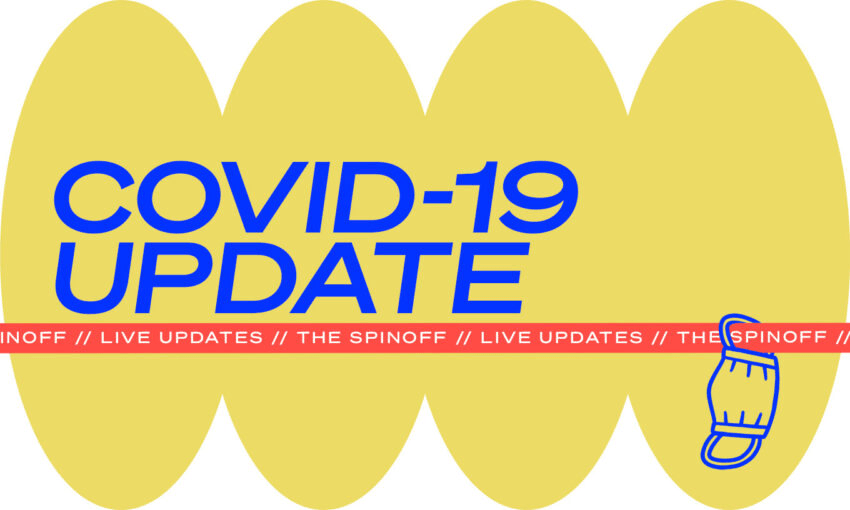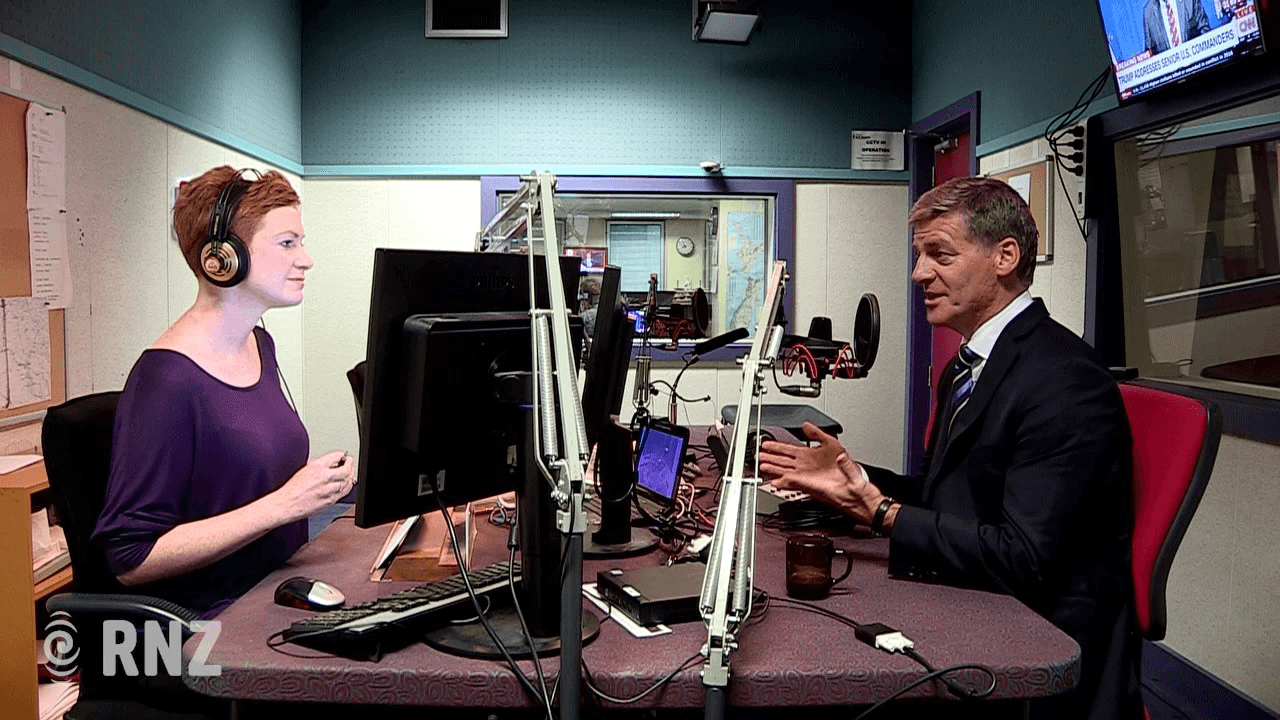The NZ Media Council has upheld a complaint against The Spinoff for inaccuracies in a story about cowboys corrupting the dog walking industry and for taking too long to correct the errors.
In March this year the Spinoff ran a story during Pet Week, headlined “It’s the wild west: Has the dog walking industry become corrupted by cowboys?”
The article outlined the rise in popularity of businesses and services catering for dog owners, with a focus on dog walking as well as day care and grooming services. It also highlighted the rise of “cowboys” in an industry which is not regulated or licenced.
Amanda Easterbrook complained her dog walking business, “Sticks and Bones” was identified in the story as a new market entrant despite having been established for six years and by implication it was therefore a “cowboy” operator. Ms Easterbrook said the article “as it pertains to Sticks & Bones is inaccurate, unbalanced and unfair”. In early April she asked the Spinoff to remove the name of her business from the story and to compensate her for defamation.
The Spinoff initially declined to correct the story saying her business was “mentioned just once in a paragraph which sets up the nature of the industry as a whole – it is separated very clearly from the new entrants and their practices, and in no way implies anything other than that your business has a cheerful name related to the industry in which it operates…”.
Two months later in early June, the Spinoff corrected the story by stating clearly that Ms Easterbrook’s business had been established for six years and was therefore not a “cowboy” newcomer.
The Media Council considered that the offending paragraphs in the original story clearly meant that “Sticks & Bones” was new to the industry. “Those businesses” unmistakably referred to the “new” walkers referred to in the preceding two paragraphs, and the sentence that followed named three businesses including the complainant, which a reader would inevitably link to the “new” walkers previously referred to.
However the Council did not consider that the alleged implication that the complainant was one of the companies new to the market that were “cowboys” arose, as the reference to cowboys was in a separate stand-alone paragraph which did not mention the complainant and did not clearly refer to it.
A quick and full correction might have defused the complaint which appears to have arisen from no more than careless prose, but this was not done. Two members dissented saying the paragraph in question can be read two ways and sloppy sentence structure is not worthy of an uphold. The Council upheld the complaint on a majority vote of 9:2.
The full NZ Media Council ruling can be viewed at www.mediacouncil.org.nz






